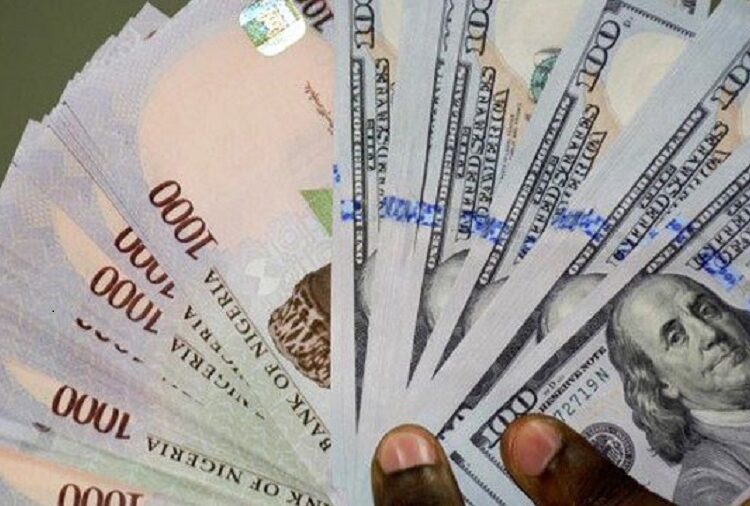Torrents of crash of Nigeria’s currency is a sour point in the policy to drive efficiency and loss of confidence as well as consequential loss of revenue from subsidy regime in the petroleum industry. The fall of the Naira has turned the petroleum supply chain into a quagmire now eroding the projected gains.
Landing cost of petrol has averaged N1,009 a litre going by prevailing black-market rate of N1,500 per dollar, from N720 per litre recorded in October 2023. The IMF claimed that the Nigerian government has, through the backdoor, resumed the payment of subsidies on petrol. Given the removal of petrol subsidy, there was hike in the prices of goods and services.
The announcement, came with collapse of different exchange rate regimes into one, by the Central Bank of Nigeria (CBN) with the value of the naira to the dollar weakening. The IMF claimed that the government had capped the prices of fuel at retail stations.
But the Minister of Information and National Orientation, Mohammed Idris, said petrol importation in the country reduced by 50 per cent since the withdrawal of the fuel subsidy.
Speaking on this, the chief executive officer, CEO, of the Center for the Promotion of Private Enterprises, CPPE, Dr. Muda Yusuf, said, “Evidently, the currency depreciation has partially eroded the subsidy savings.”
Yusuf, said This is because the cost of fuel importation has increased, when converted to naira, adding, Besides, the mounting inflationary pressures has increased the subsidy because the pump price had remained fixed while the landing cost has risen”
The landing cost claim could not be independently confirmed as president of Petroleum Products Retail Outlets Owners Association of Nigeria (PETROAN), Billy Gillis-Harry, said such figure may be disputed because there are other associated costs like a insurance, port charges and cost of hiring vessels.
Reports also show that Nigeria is paying N907.5 billion subsidy on petrol monthly as the foreign exchange crisis pushed the actual cost of litre of fuel to N1,203, signaling a return of subsidy regime. However, an insider source at the Nigerian National Petroleum Company Limited, NNPC, denied the insinuation.
The source said such reports are falsehood and should be disregarded as subsidy has gone. “I think we should take a look at the provisions of the Petroleum Industry Act, PIA, which gives the NNPC the responsibility to ensure energy security at any time”.
The PETROAN said the only way out of this quagmire is to tap and explore the country’s vast gas deposits and bring into useful disposition. The association president, Billy Gillis-Harry, in a conversation with our correspondent, said government should escalate activities around gas adoption as alternative to petrol.




